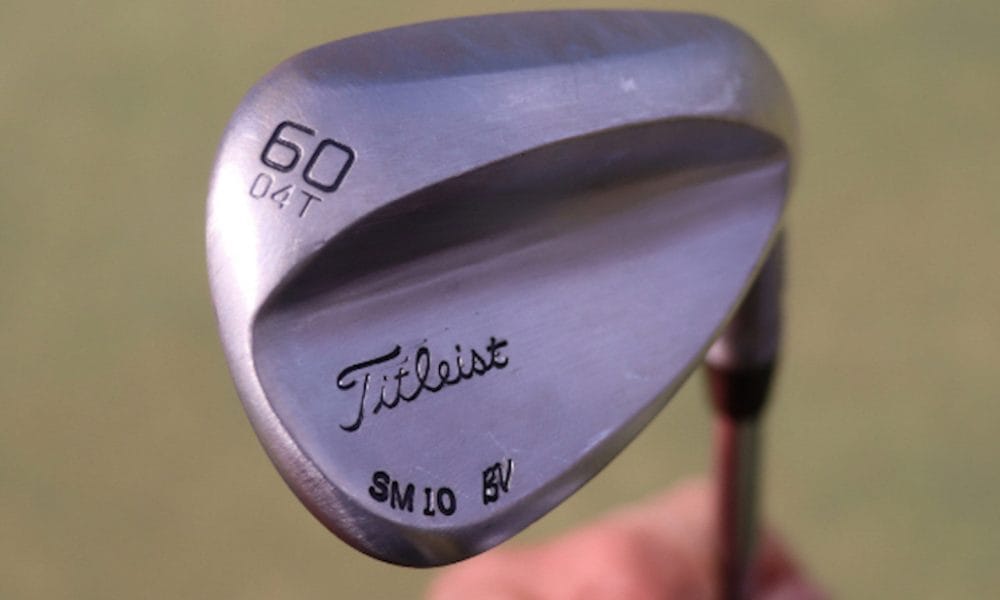Francesco Molinari, a professional golfer, has recently adopted a data-driven approach to improve his game, particularly in terms of strategy. By analyzing his performance metrics, Molinari has realized that he can utilize his driver more effectively off the tee to gain an advantage on the course. Due to his accuracy and slightly shorter distance off the tee compared to other players, Molinari has started hitting his driver more frequently, especially on shorter holes. This change in strategy has allowed him to gain shots and improve his overall performance.
In line with his data-driven approach, Molinari has recently switched to Titleist’s new GT3 8-degree driver, which has provided him with more consistent spin rates and around 5 to 6 additional yards of distance compared to his previous driver. This equipment change has further enhanced his performance on the course, allowing him to optimize his driving capabilities and gain an edge over his competitors. The choice of the right equipment based on data analysis has been a crucial factor in Molinari’s success and improvement in his game.
Regarding his club selection, Molinari has made strategic decisions based on the data he has gathered. He uses four wedges in his setup – pitching wedge, 52-degree, 56-degree, and 60-degree wedges. Through analyzing the numbers, Molinari realized that he could gain more with his wedges if he didn’t have a 3-iron in his bag. By creating a bigger gap between his 4-iron and hybrid, Molinari has prioritized versatility around the greens and in the 75 to 125-yard range. This strategic adjustment has proven to be effective in enhancing his short game performance.
Molinari’s emphasis on data-driven decision-making extends to his overall approach to the game of golf. By leveraging statistical insights and performance metrics, he has been able to make more informed strategic choices on the course. This analytical mindset has allowed Molinari to optimize his strengths, such as accuracy off the tee, and adapt his equipment choices to maximize his performance potential. By incorporating data-driven strategies into his game, Molinari has managed to stay competitive and consistently improve his golfing abilities.
In conclusion, Francesco Molinari’s adoption of a data-driven approach has significantly impacted his game and overall performance on the golf course. By analyzing his data, adjusting his strategy, and selecting the right equipment based on statistical insights, Molinari has been able to optimize his game and gain a competitive edge. His focus on accuracy off the tee, strategic club selection, and utilization of performance metrics has allowed him to enhance his strengths and continually improve his golfing abilities. Molinari’s success serves as a testament to the importance of data-driven decision-making in the world of professional golf.


